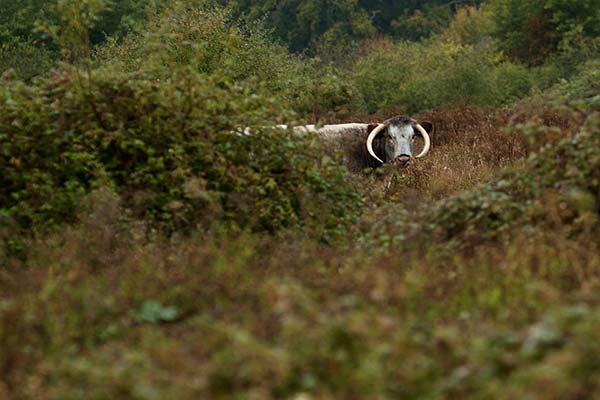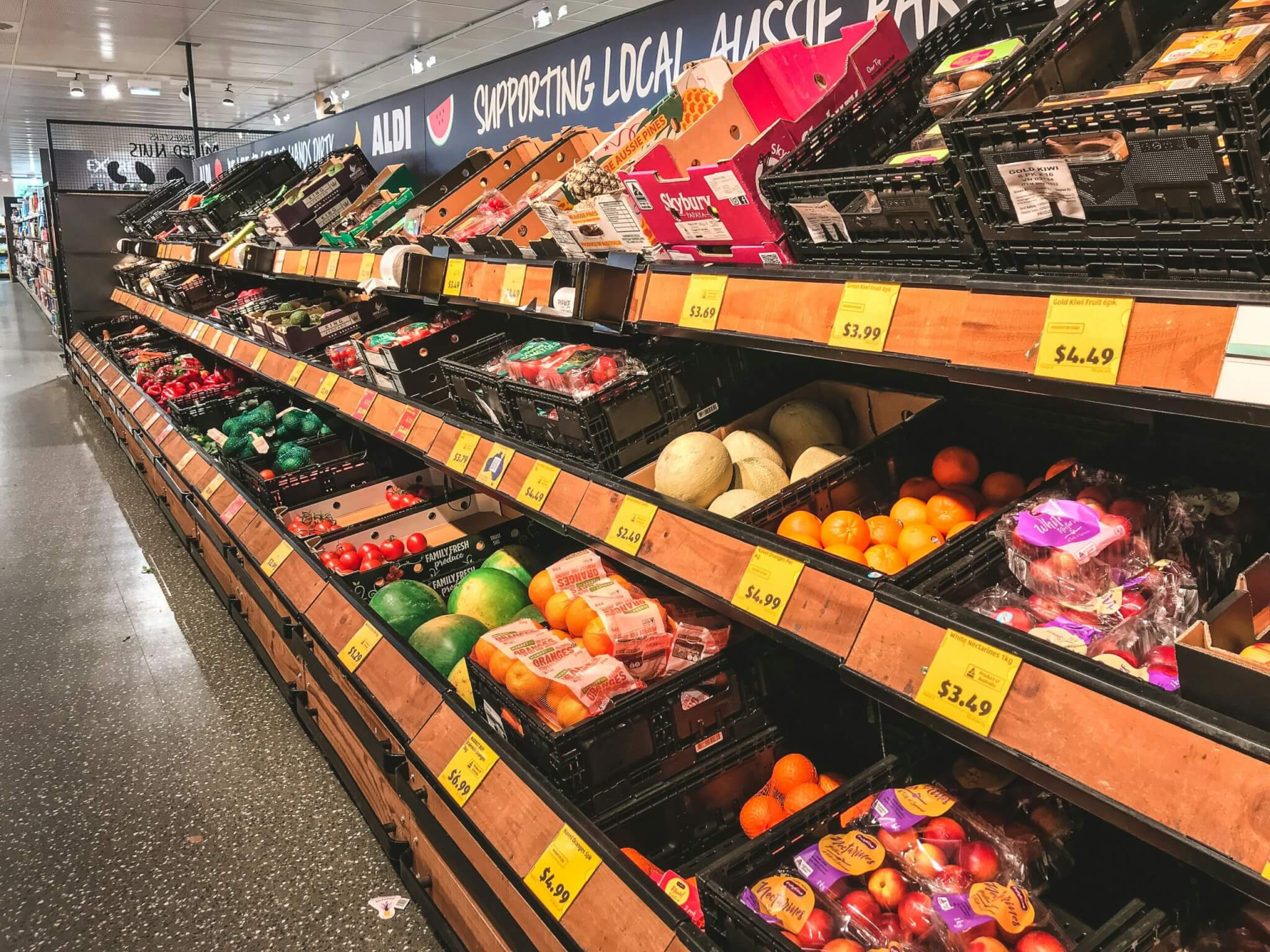There’s no doubt that the British have a self-declared love of nature, with widespread membership of conservation groups and a passion for environmental causes, but we’ve also wrecked our landscape and decimated biodiversity.
Industrial and intensive agriculture are largely to blame. The UK is now one of the most nature depleted countries globally, maybe one answer is to rewild.
British exceptionalism comes when you look at the league table for biodiversity intactness. Out of 218 countries, the UK is ranked an abysmal 189th. The latest State of the Nature report for 2019 is grim reading.
Therefore, releasing our controlling hand on nature, as well as restoring habitats for native plants and animals should be a clarion call for society.
Such action could also remove fossil fuel-fed carbon dioxide from the atmosphere, now at its highest point in nearly three million years, and help tackle soil degradation.
“The emphasis on reduced management and ‘putting nature in charge’ does not fit with the ethos of all farmers,” explains Dr Sophie Wynne-Jones from Bangor University, who researches rewilding efforts.
“They are concerned that rewilding is about withdrawing human involvement with the land completely. It’s also seen as a challenge to both farming practice and control over land tenure.”

With agriculture covering 72 per cent of the UK’s land area, farmers are at the very centre of this debate. They have a key role to play in this climate-fractured 21st century, not only in delivering quality food, but also quality wildlife and quality natural habitats.
In a post-Brexit world, when farmers could also receive public money for public goods, environmental restoration and rewilding could be part of this picture.
“The debate is becoming mainstream, there is a huge groundswell of interest. Our national priorities are different to what they were 50 years ago, we need a nature-based economy,” explains Rebecca Wrigley, chief executive of Rewilding Britain.
“But rewilding needs to be presented in the right way. It’s not about scary off-limit landscapes with wolves tearing at people’s throats and farmers being cleared off the land.”
The posterchild has been the rewilding of the 3,500-acre Knepp Estate in West Sussex, a former intensive mixed livestock and arable farm that’s been allowed to return to nature.
Started less than two decades ago, there’s been an extraordinary increase in wildlife, with extremely rare species such as turtle doves, nightingales, peregrine falcons and purple emperor butterflies now breeding there.
It is not the only site, there are others in Scotland, and in Wales the ‘Summit to Sea’ project aims to create a continuous, rewilded area on a scale never before seen in Britain, stretching from Mid Wales’ highest point down the valley into Cardigan Bay.
The concept has also sparked interest in wider society with books such as Feral, by environmentalist George Monbiot, and Wilding by Isabella Tree, who co-owns Knepp.

Both extoll the virtues of a self-regulating nature, able to heal itself and flourish once human control is relinquished. But despite a growing rewilding movement, conferences, projects and inspiring talks, wholesale change in the landscape is unlikely to happen overnight.
“We need a mindset shift, it’s also to do with the psychology of change. The likes of Extinction Rebellion and our climate emergency have now heightened the crucial role that nature can play in our survival and the need for change,” says Wrigley.
It doesn’t help that in some media reports, food production, and a need for it to increase in the UK, is pitted against environmental restoration. This is similar to the argument that economic growth will be stymied if we have to curb emissions and fossil fuel use. In an age of rampant climate change, these arguments don’t add up. Just ask Greta Thunberg.

“Debates about land-sparing and sharing are ongoing; but reducing reliance on inputs and reducing costs for farmers is an important part of the puzzle. Farming with nature can be critical here, that way synergies between wildlife and food can be achieved, but perhaps we need to be honest about how far the balance works,” says Wynne-Jones.
“If you want to set aside areas purely for nature to re-establish, that has to be without pressures to produce food on it. Yet if we don’t ensure ecological resilience, we won’t have sustainable food production. It is all linked.”
Part of the issue is that when people think of rewilding, they think of huge swathes of land set aside for nature. But actually it can be done on a much smaller scale, such as road verges and back gardens full of wildflowers, or hedgerows and the edges of fields left to grow wild and scale up.
“We can all do our bit to rewild. We just need to think where those spaces are and let more natural processes in. We need to ask ourselves what we want at a local level as well. If rewilding is led by communities and those involved with the land in partnership there will be multiple benefits,” states Wrigley.
“We know we would need to intensify farming in some areas and in others we could leave nature to itself creating a mosaic of habitats. It doesn’t help that we’ve compartmentalised nature, farming and land use here in the UK. What we need now is a joined-up, landscape level approach and landscape-scale restoration. It is possible.”










I’ve tried rewilding my garden, its now full of bindweed and nettles, nightmare! Think its not quite as simplistic as letting nature take over, its full of bullies!
That’s funny!! I’ve just bought 3acres of brambles in Cornwall…. biodiversity, l don’t think so!